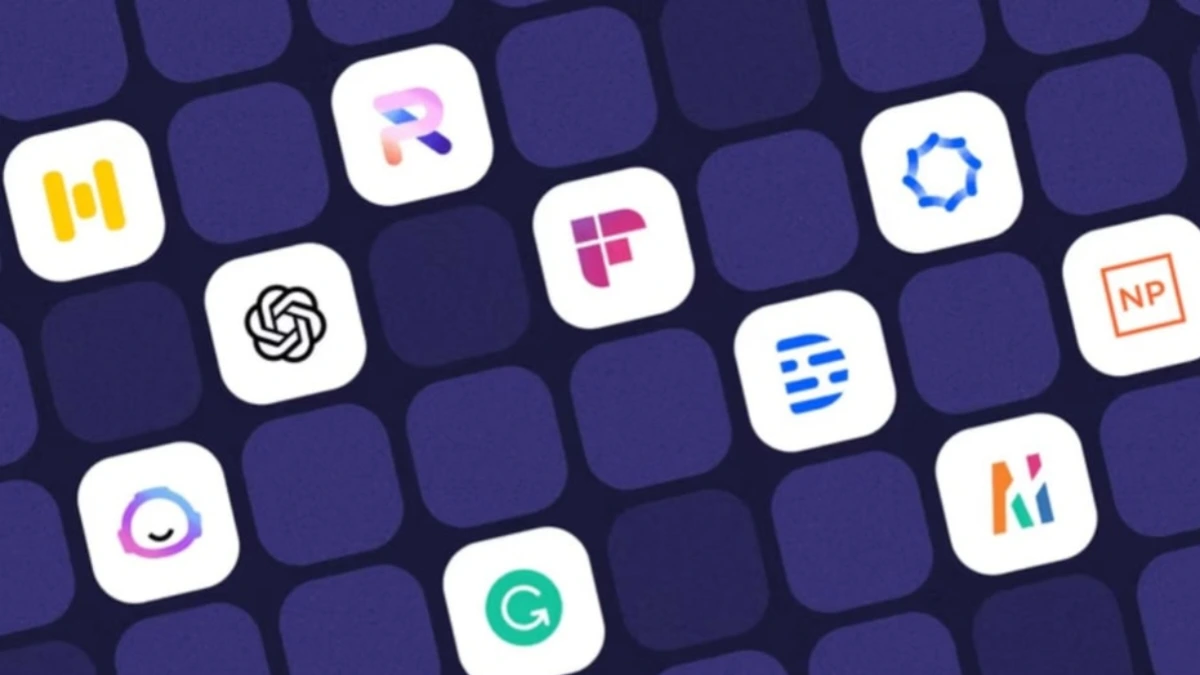New Delhi — Starting this week, millions of Indians are gaining free access to some of the world’s most advanced artificial intelligence tools as global tech companies seek to expand their user base in the country.
OpenAI’s ChatGPT “Go” chatbot, alongside Google and Perplexity AI offerings, will be available for a year at no cost to Indian users through partnerships with major mobile networks.
The move highlights India’s growing importance in the global AI landscape, combining scale, a young digital population, and relatively low data costs.
Analysts emphasize that the free programs are part of a calculated investment strategy aimed at long term engagement rather than generosity.
OpenAI’s ChatGPT Go, a lighter, low cost AI chatbot, is being bundled with telecom plans in India starting this week.
Similarly, Perplexity AI has partnered with Airtel, the country’s second largest mobile network, while Google has joined forces with Reliance Jio, India’s largest telecom provider.
These partnerships allow subscribers to access AI services for free or at discounted rates alongside monthly data packs.
“Companies are looking to get Indians accustomed to generative AI before introducing paid models,” said Tarun Pathak, an analyst at Counterpoint Research.
“India offers scale and a young audience, unlike other large markets where regulatory constraints limit foreign access.”
India’s online population exceeds 900 million users, with the majority under 24 years old. Smartphones and digital services dominate daily life, providing fertile ground for tech firms to test and refine AI applications.
Experts say India’s appeal lies not only in its volume of users but also in the unique data these users generate.
“The more Indians use these platforms, the richer the data available to train AI systems,” Pathak said. “The diverse use cases emerging from India will serve as valuable reference points for global AI development.”
While AI companies benefit from broad access to user data, concerns about privacy and regulation remain.
Delhi based technology writer Prasanto K Roy noted that many users are willing to trade personal information for free or convenient services.
“Regulatory frameworks need to catch up to manage how freely people share data,” Roy said. India currently lacks a dedicated law governing AI.
The recently passed Digital Personal Data Protection Act 2023 covers general digital media and privacy but has not been fully enacted and does not specifically address AI or algorithmic accountability.
Experts say once rules are implemented, India could have one of the world’s most advanced digital privacy frameworks.
“Right now, India’s flexible regulatory environment allows tech companies to offer bundled AI services at scale,” said Mahesh Makhija, technology consulting leader at Ernst and Young.
In contrast, markets like the European Union and South Korea have stricter AI regulations, which would make large scale rollout more difficult.
India’s digital ecosystem is among the fastest-growing globally. With some of the world’s lowest mobile data rates, the country records high internet usage.
Data from telecom firms indicate that Indian users consume several gigabytes of data per month on average, outpacing much of the developed world.
By comparison, China, which has a similar number of internet users, tightly regulates foreign tech access.
European countries enforce strict transparency and data governance rules, making free AI offerings harder to scale.
This regulatory flexibility, combined with affordability and population scale, positions India as a key market for AI adoption.
Riya Sharma, a 22 year old student in Bengaluru, said she plans to try ChatGPT Go alongside her university assignments. “It is convenient to have these tools bundled with my mobile plan. I can experiment without worrying about costs,” Sharma said.
Small business owner Arjun Mehta in Mumbai noted the potential for AI to streamline work. “Access to AI tools can help with customer queries and marketing tasks. It feels like a trial period before these services become paid,” he said.
Yet some users are cautious. “I understand the benefits, but I worry about how my data will be used,” said Priya Kapoor, a freelance content creator in Delhi. “There is excitement, but also uncertainty about privacy.”
Analysts say the rollout of free AI tools is part of a long term strategy by tech companies to cultivate adoption in India. “Even if just five percent of free users transition to paid subscriptions, that is still a large number,” Pathak said.
Regulators are expected to gradually implement AI specific policies as adoption increases. “Light touch regulation is appropriate for now, but it will need to evolve as the risks and harms become clearer,” Roy said.
Tech companies anticipate that early engagement with India’s young, tech-savvy population will provide both commercial and developmental benefits.
The country’s vast user base and diverse use cases offer opportunities to refine AI tools and explore new applications that may later be deployed globally.
India’s combination of scale, digital openness, and youthful population has drawn major AI companies to offer free, high end tools at an unprecedented scale.
While these offerings provide users access to cutting edge technology, they also raise questions about privacy, data usage, and the need for regulatory oversight.
For now, India serves as both a proving ground and a growth market, illustrating the evolving intersection of technology, regulation, and consumer adoption in the global AI landscape.
